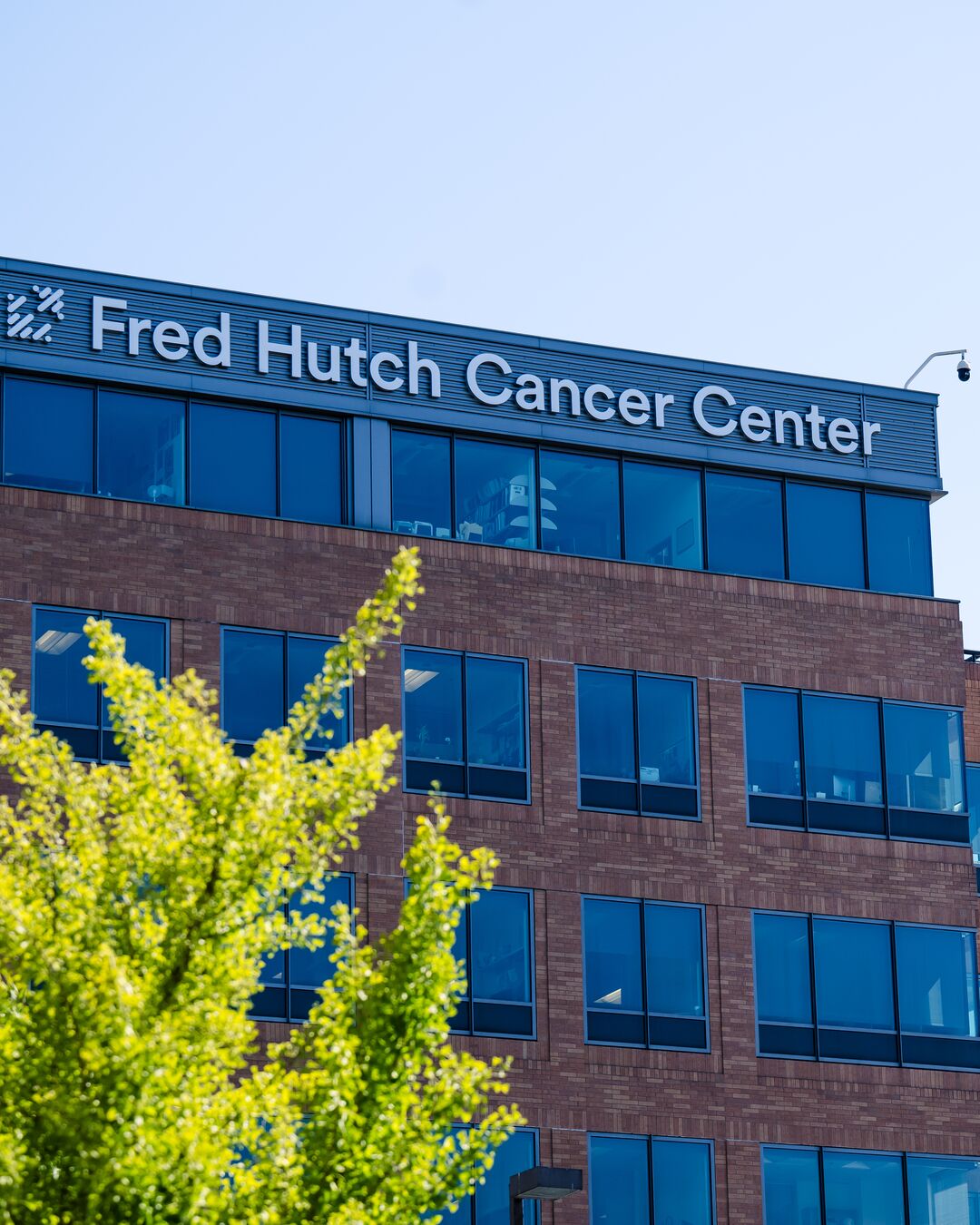
2025 Evergreen Fund awardees
Source
Six Department of Medicine faculty have received funding for early-stage research projects as part of Fred Hutch’s Evergreen Fund, an internal grant program designed to accelerate translational science and foster strategic industry collaborations.
An advisory board of biotech leaders, venture capitalists and other members of the life sciences industry chose the projects to receive funding based on their potential to move from the lab bench to the clinic and commercial market. The projects include cell therapies for pancreatic cancer, a treatment for advanced prostate cancer, new biomarkers for esophageal cancer, and antibody treatment for herpes simplex virus.
“The Evergreen Fund not only accelerates research that is innovative and has a high potential for next-stage development, but connects our scientists directly with experts from the pharma, biotech, and venture capital worlds who can share their knowledge on how to translate early-stage science into the clinical and commercial markets,” said Hilary Hehman, MS, JD, Vice President of Business Development at Fred Hutch. “These collaborations are essential to Fred Hutch’s mission of advancing lifesaving discoveries.”
Created in 2016 and managed by the Fred Hutch business development team, the Evergreen Fund has provided approximately $7.5 million for 65 Fred Hutch projects in oncology, infectious diseases, immunotherapy and more.
The fund offers two tiers of awards: Pilot Awards of $75,000 for projects in the earliest stages of development, and Beyond Pilot Awards of up to $200,000 for projects that have already generated compelling data and are poised for industry engagement.
“By providing critical internal funding, Fred Hutch continues to invest in its own scientific community, empowering researchers to pursue bold ideas and build the partnerships necessary to transform research into real-world impact,” Hehman said.
The 2025 Evergreen Fund awardees
Beyond Pilot Awardees ($200,000 each):
Dr. Jim Boonyaratanakornkit, assistant professor (Allergy and Infectious Diseases) is developing a monoclonal antibody–based treatment and preventative for a pair of parainfluenza viruses that can be life-threatening for immunocompromised patients, including those who have received a stem cell transplant.
Dr. Philip Greenberg, professor (Hematology and Oncology) who holds the Rona Jaffe Foundation Endowed Chair at Fred Hutch, is exploring a method for boosting the effectiveness of T-cell therapy for treating pancreatic cancer by targeting the immunosuppressive defenses that typically allow tumors to evade immunotherapies.
Dr. Matthias Stephan, associate professor (Hematology and Oncology) is working to make hematopoietic stem cell (HSC) gene therapies more affordable and less burdensome for patients with a novel approach for extracting, reprogramming, and reinjecting HSCs in a single outpatient procedure.
Pilot Awardees ($75,000 each)
Dr. William Grady, professor (Gastroenterology) is working to identify and validate biomarkers that could be used for early detection of esophageal cancer in patients with a precursor condition called Barrett’s esophagus.
Dr. Hans-Peter Kiem, professor (Hematology and Oncology) who holds the Stephanus Family Endowed Chair for Cell and Gene Therapy, is developing a method for delivering gene engineering instructions for CAR-T cell therapy directly into patients via a simple injection or short infusion, bypassing the lengthy and costly lab-based process that can be a barrier for so many.
Dr. Joshua Veatch, assistant professor (Hematology and Oncology) is testing an approach to help engineered T cells overcome the immunosuppressive microenvironment in cancer through activation of a key inflammatory signal in the T cells.